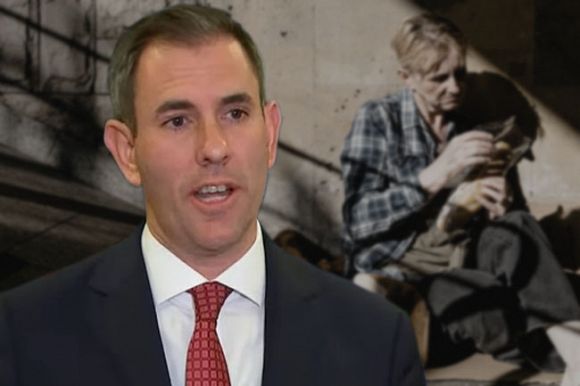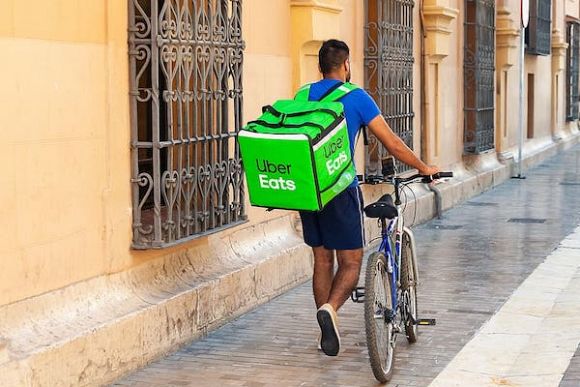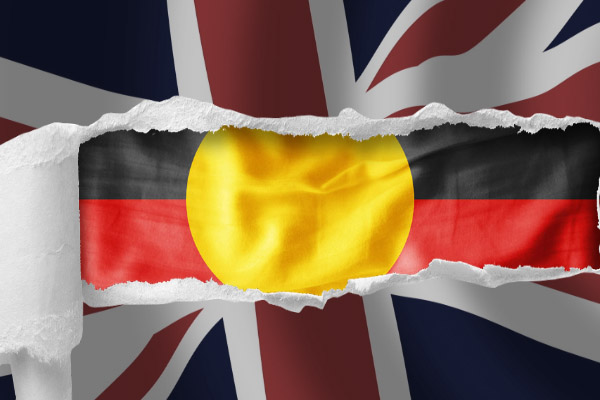In the midst of a worldwide cost of living crisis, the right to industrial action is back on the front page and more important than ever, writes Patrick Hannan.
TRADE UNIONIST Mick Lynch loudly proclaimed in August 2022:
“The working class is back and we refuse to be poor anymore.”
Since becoming General Secretary of the National Union of Rail, Maritime and Transport Workers (RMT) in 2021, Mick Lynch has been propelled to the centre of British labour politics. His persuasive rhetoric and combative media style have earned him international praise, drawing the ire of reactionary voices.
The latest strike action in his transport union and elsewhere in the healthcare sector has attracted loud criticism due to its timing and inconvenience. The Sunak Government has responded with newly proposed industrial laws which will effectively restrict the right to strike.
As an attempt to reclaim some authority, the Sunak Government is trying to twist the debate into one about “minimum service levels” during strikes — rather than equitable pay and conditions.
If the minimum service levels were met by those in charge of the payroll – by paying essential workers what they deserve – normal business would quickly resume.
The dispute has made it clear that the British trade union movement, led by Lynch and a vanguard of others, has brought back collective labour as a resurgent force of the early 2020s.
The Royal College of Nursing is taking strike action for the first time in its 106-year existence, highlighting just how serious things have become. The cumulative effect of rising inflation and interest rates, staff shortages and long-term National Health Service underfunding have been the catalyst for industrial action.
Unions are rightly seeking pay increases for their workers to match or exceed the 9 per cent increase in inflation during 2022. Despite ongoing negotiations and some progress in talks in Wales, the nationwide dispute looks set to continue.
The deadlock is a reminder that pay equity and the living wage are a continual fight for the working class.
In recent years, the role of workers in the transport and healthcare industries has been taken for granted by those who employ them. The British transport sector union includes 40,000 frontline workers. These include drivers, maintenance workers and cleaners, all of whom keep the country running.
Ever since the British railway system was privatised in 1997, railway operators have benefited from a franchise system fuelled by government subsidies. Profits and shareholder dividends have soared, while pay cuts continue to be forced upon workers.
Those who claim there isn't enough money to meet pay rises never seem to take salary reductions themselves.
The recent “modernisation” agenda – which in practice has meant volatile train fares, chaotic timetabling changes and a reduction of human staff and wage liability – has been another failure by transport operators. It's a classic example of “trickle-down” economic rationalism — a failed capitalist philosophy still seeking 21st-century relevance.
Due to the leadership of Mick Lynch and others, there is now fierce opposition and pushback to this anti-worker agenda.
The current strikes are the largest in the UK since the end of the Thatcher era in 1989. Like then, the conservative media has turned on the unions. Lynch and others have been villainised as Left-wing extremists, intent on destroying the economy.
In reality, there is widespread public support for strike action. Surveys have shown considerable support for those on the frontline, especially nurses, who were given daily national applause throughout lockdowns in 2020.
The restrictions resulting from the strikes do not differ much from the crisis that has impacted the health system already, as a result of the pandemic, underfunding and poor public health policy. Better wages and conditions lead to a better work environment — and a better public service.
Despite some comparisons, working life in 2023 is quite different to that of the Thatcher era. The ubiquity of the internet has created the illusion of work choice for many in middle-class, developed economies. Casualisation, flexibility and the “work-life balance” mantra have replaced tenure, security, entitlement and routine.
This new reality has come at the expense of organised bargaining and trade union membership. For some in higher-paid industries, it has been of benefit. But for those with less choice and opportunity, it's just another threat to their economic security.
The strikes demonstrate the important role trade unionism will play in years to come.
In the age of atomised work and increased social mobility, collective workforce bargaining may seem like an outmoded idea to those unfamiliar with it. But it isn't and never will be.
Jean-Baptiste Alphonse Karr said:
“The more things change, the more they stay the same.”
The power of the collective and the right to freedom of association cannot be eliminated by artificial intelligence, the gig economy or anti-strike laws.
The inherent nature of work and productivity requires organised, cooperative human labour. Where this exists, it can always be withdrawn. And as long as humans continue to be employed, it remains a vulnerability to the owners and employers of the world.
The oligopoly of the Silicon Valley era has resulted in the emergence of the so-called gig economy. This has given tech moguls carte blanche in the realm of industrial relations. In this new workplace, workers become independent contractors rather than employees. They are left to assume all of the risk, safety and liability for a low-paid job of “flexibility” and “choice”.
But when problems arise – as they inevitably do – they hold no ability to bargain with a behemoth such as Amazon or Uber. These workforces are just how these companies want them — non-unionised, compliant and replaceable.
Yanis Varoufakis has described this new age as one of a “techno-feudalism”, which, he argues, has regressed working relationships to a technologically advanced, but medieval-like state. It is a pernicious ideology and a rehashed version of Dickensian capitalism.
In place of coal mines, we now have Kafkaesque Amazon factories, where humans compete with robots to meet unattainable performance targets, set by their Bezos-ian bosses.
Industrial relations – and working rights more broadly – have been waylaid and eroded in the interests of convenience. As it was in the 19th Century and now in the 21st, collective strike action can stand in the way of such a dystopia.
The strident leadership of those like Mick Lynch reminds us of the brute force power of collective labour.
In the current economic world, lurching to the whims of an oligopoly of tech tycoons and self-seeking government, workplace rights and entitlements remain as precarious as ever.
Strike action and the controversy it attracts reveal a trade union's natural strength, which is its threat to those with capital and the balance sheet. Industrial action is an international human right and a lever of power for the labour movement. During moments of economic crisis, such as now, it can level the playing field in the fight for workplace justice and pay equity.
Strike action worked in the 1800s and it will again in the 2020s.
In the words of trade unionist Thomas R Donahue:
“The only effective answer to organised greed is organised labour.”
Patrick Hannan is a solicitor and freelance writer from Melbourne, Australia. You can follow Patrick on Twitter @padraig_mh.
Related Articles
 This work is licensed under a Creative Commons Attribution-NonCommercial-NoDerivs 3.0 Australia License
This work is licensed under a Creative Commons Attribution-NonCommercial-NoDerivs 3.0 Australia License
Support independent journalism Subscribe to IA.
















